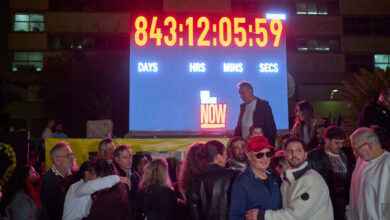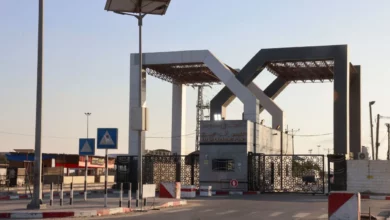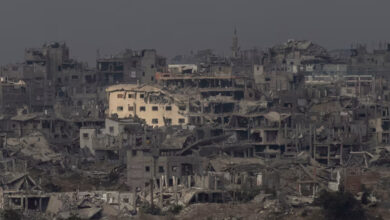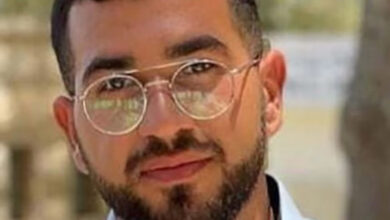
Video from al-Fakhoura School in Jabalya – which was being used as a shelter for displaced people – shows bloodied bodies across a series of rooms on two floors of the two-story building. Many women and children are among the dead.
One room appears to contain about a dozen bodies lying on the floor covered in dust. Desks are strewn and smashed up and a huge hole can be seen in one of the room’s walls. In the building courtyard, a canopy roof across a metal structure appears to have been torn off, and debris is visible on the ground.
Juliette Touma, a spokesperson for the United Nations Relief and Works Agency, which runs the schools in Palestinian refugee camps and serves as the main UN relief agency in Gaza, confirmed the incident. The total number of casualties remains unclear, she said, as information is still coming in.
Touma could not confirm what caused the incident, nor who was responsible.
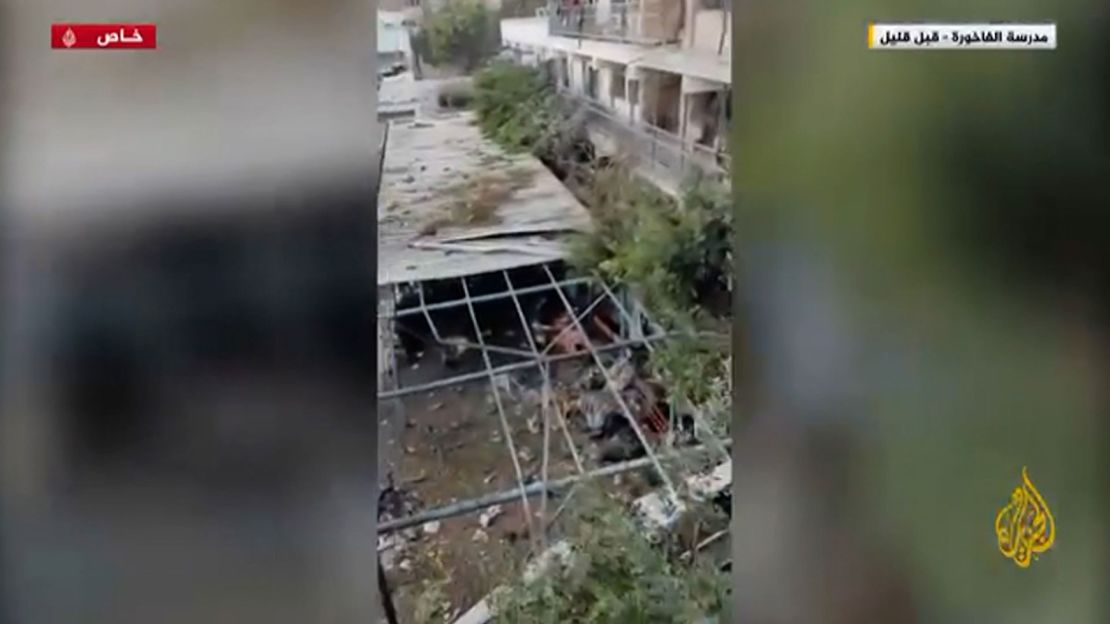
UNRWA chief Philippe Lazzarini, who called the images “horrifying” in a post on X (formerly Twitter), said thousands of displaced people had been sheltering there at the time of the incident.
The Israeli military is reviewing the incident, it told CNN, but had no further comment.
Egypt and Qatar have already blamed Israel’s military campaign in the battered enclave for the incident. The Egyptian Foreign Ministry called it a “bombing”, and said it was the latest in a series of Israeli violations against civilians in Gaza.
Qatar called on independent investigators from the United Nations to go to Gaza to examine what it described as the “ongoing targeting of schools and hospitals.”
Saturday’s incident was the second time in twenty-four hours an UNRWA school in northern Gaza had been hit, the agency said. Another school in Zaitoun was sheltering 4,000 people when it was struck multiple times on Friday, Touma told CNN.
She added that ambulances had reportedly been unable to get to the school, which she said was most likely due to the fighting and the communications blackout.
Dozens of people were likely killed in that incident, according to Lazzarini, who wrote: “These attacks cannot become commonplace, they must stop. A humanitarian ceasefire cannot wait any longer,” he added.
This is a developing story and will be updated.

